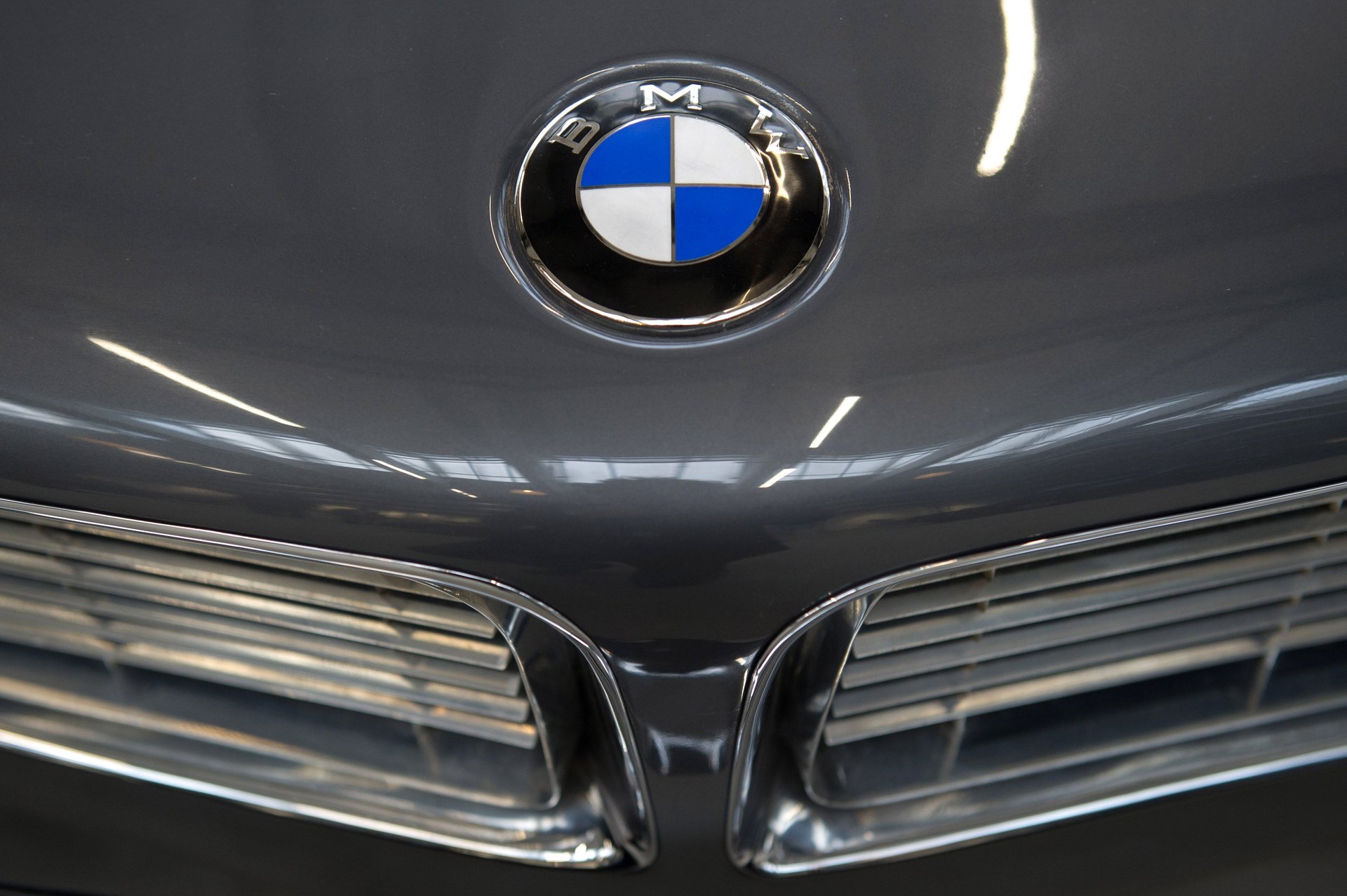BMW sold thousands of cars in the U.S. made with Chinese forced labor, Senate report says
Volkswagen and Jaguar Land Rover have also used parts with forced labor, according to a new report

German auto giant BMW sold at least 8,000 MINI Cooper vehicles containing parts made by a banned Chinese supplier, according to a new report from the United States Senate.
Suggested Reading
The U.S. in 2021 passed the Uyghur Forced Labor Prevention Act (UFLPA), legislation that strengthened the enforcement of laws to prevent the import of goods from China’s Xinjiang region. Western governments have accused Beijing of committing human rights violations against the Uyghur ethnic minority in the region; China has denied the allegations. The U.S. has blocked imports from Xinjiang unless it can be proven that the products were not made with forced labor.
Related Content
The U.S. Senate Finance Committee, led by Oregon Democrat Ron Wyden, on Monday released a report noting that BMW continued to import products with parts from a banned supplier until at least April. British luxury vehicle maker Jaguar Land Rover, a subsidiary of India’s Tata Motors, also imported parts from a banned supplier for vehicles made in the U.S.
Volkswagen AG had previously confirmed that some of its vehicles made for the U.S. market contained components made by the same supplier, Sichuan Jingweida Technology Group Co., Ltd. (JWD); JWD was put on the UFLPA Entity List on December 11, 2023 , meaning that its goods are presumed to be made with forced labor.
Last month, BMW told the finance committee that JWD was not on its “supplier list,” while Jaguar claimed to be unaware of its links to the supplier. BMW later admitted that thousands of Mini Cooper cars had been built with JWD’s components and sent to the U.S.
“Automakers are sticking their heads in the sand and then swearing they can’t find any forced labor in their supply chains,” Wyden said in a statement. “Automakers’ self-policing is clearly not doing the job,” he added before calling for U.S. Customs and Border Protection to “supercharge enforcement.”
A representative for Volkswagen did not immediately return a request for comment.
The companies, according to the Senate committee, had received the components by Lear Corp., a direct supplier. In January, Lear informed Volvo, Volkswagen, Jaguar, and BMW that it had received banned components from one of its own suppliers.
According to the report, Jaguar imported spare parts with JWD components after December. The company has since voluntarily disclosed the parts to customs officials and quarantined its existing inventory globally for destruction.
Jaguar in a statement said that the component is not used in current vehicles for sale, adding that it “immediately stopped all shipments of the two affected aftermarket service parts” after its compliance team was notified that JWD was on the UFLPA Entity list.
“JLR takes human rights and forced labor issues seriously and has an active ongoing program of human rights protection and anti-slavery measures,” the company added.
BMW, the report says, “appears to have stopped only after the Committee repeatedly asked detailed questions” to Lear and itself about JWD. BMW has also disclosed to customs officials that shipments of vehicles and spare parts that entered the U.S. after December included parts from JWD.
In a statement, BMW said that it has strict standards and policies regarding human rights, employment practices, and working conditions, that all of its direct suppliers must follow. The automaker added that it will conduct a service action and notify dealers and customers about affected vehicles.
“The global automotive supply chain is intricate. It includes thousands of tier-one suppliers and extends to hundreds of thousands of sub suppliers,” BMW said. “Despite this complex, challenging and dynamic environment, the BMW Group is committed to monitoring related risks and adapting our policies and procedures to ensure the BMW Group´s strict standards are met.”
Volvo last week told the Senate committee that it had received LAN transformers for a new car program that has not yet started production. The carmaker did not use any JWD components in its products.
The Senate committee said it will continue to investigate BMW’s exposure to forced labor through JWD, including whether BMW knew, or had reason to know, before December 11, 2023, that JWD manufactured parts in its supply chains. It will also look into why BMW continued importing vehicles after receiving Lear’s letter in January and whether any additional vehicles were made with parts from members of the UFLPA list.
In February, Volkswagen confirmed that thousands of Porsche, Audi, and Bentley cars had been held at U.S. ports because components within them violated the U.S.’s laws prohibiting forced labor. An audit commissioned by the automaker of its plant in the Xinjiang region found no indiction of forced labor, although the Senate committee criticized Volkswagen for declining to make the full audit public.